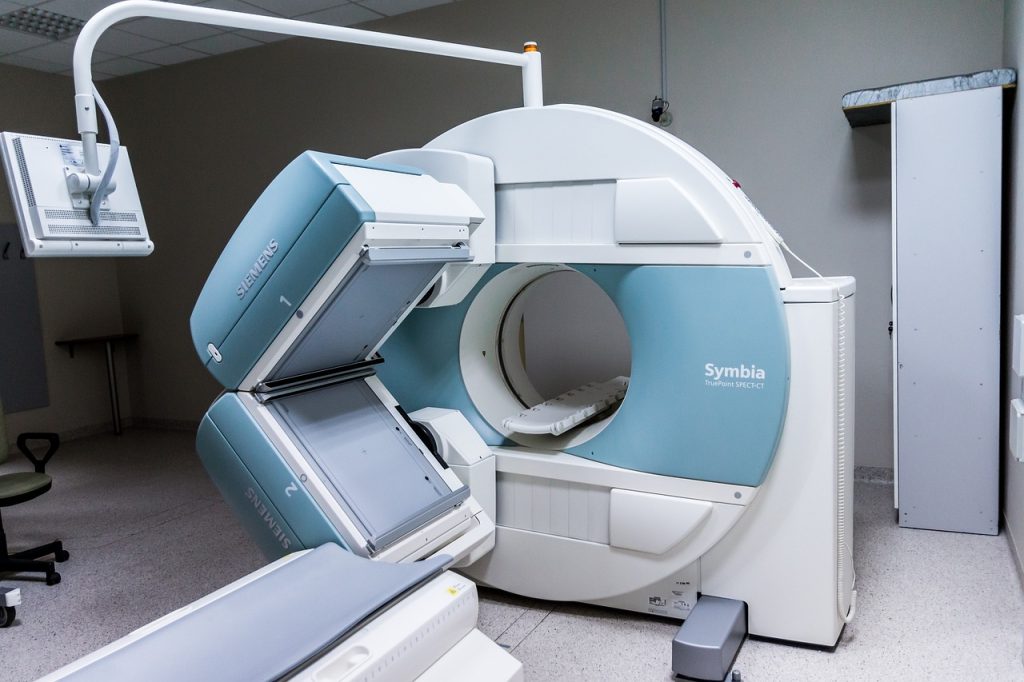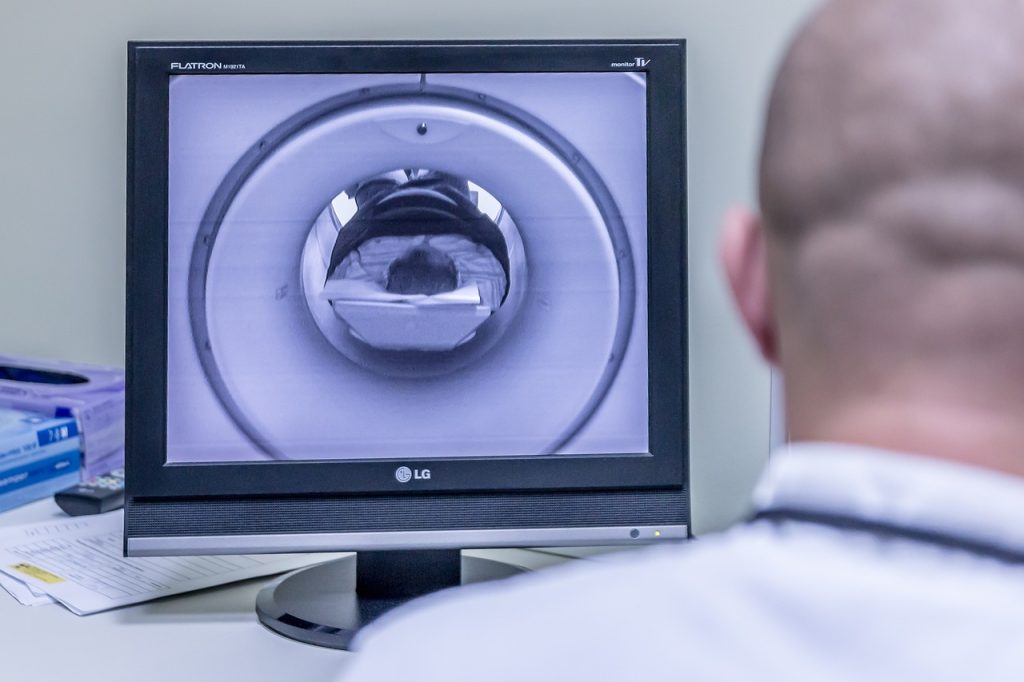Transforming Magnetic Resonance: The Power of Artificial Intelligence
Introduction to AI in Magnetic Resonance Magnetic Resonance (MR), encompassing both Magnetic Resonance Imaging (MRI) and Magnetic Resonance Spectroscopy (MRS), is a cornerstone of modern medical diagnostics and research. It provides detailed insights into anatomical structures, physiological processes, and biochemical compositions without invasive procedures. However, traditional MR techniques face challenges, including long acquisition times, high costs, and complex data interpretation. AI has stepped in as a powerful ally, offering tools to optimise MR workflows, enhance diagnostic accuracy, and expand research possibilities. A Brief Overview of AI AI refers to computational systems designed to mimic human intelligence, including learning, reasoning, and problem-solving. In MR, AI algorithms, particularly those based on machine learning and deep learning, are applied to improve image acquisition, processing, and analysis. These methods enable automated pattern recognition, data reconstruction, and even predictive analytics. Enhancing Image Acquisition in MR One of the most significant applications of AI in MR is improving the efficiency and quality of image acquisition. AI-powered systems address challenges such as motion artefacts, time constraints, and suboptimal imaging parameters. Faster Imaging with AI Traditional MR scans are often time-intensive, leading to patient discomfort and higher operational costs. AI-driven techniques, such as compressed sensing and deep learning-based reconstruction, allow for faster acquisition while maintaining or even enhancing image quality. For example: Adaptive Scanning AI-enabled MR systems dynamically adjust imaging parameters in real time based on patient-specific factors. For instance, AI can tailor protocols for paediatric or claustrophobic patients to minimise scanning time and improve comfort without sacrificing diagnostic value. Revolutionising Image Reconstruction Image reconstruction translates raw MR data into interpretable images. Traditional reconstruction methods can be computationally demanding and time-consuming, with limitations in resolution and signal-to-noise ratio. AI has made significant strides in this area, enabling faster and more accurate reconstructions. Deep Learning for Image Reconstruction Deep learning models, such as convolutional neural networks (CNNs), are used to reconstruct MR images directly from raw k-space data. These models outperform conventional algorithms by producing high-quality images with fewer artefacts. Examples include: Low-Field Imaging Applications AI is also transforming low-field MR imaging. Traditionally, low-field systems offer reduced image quality compared to high-field counterparts. AI compensates for these limitations by boosting resolution and noise suppression, making low-field systems more accessible and cost-effective for resource-constrained settings. Diagnostic Assistance: The Role of AI in Clinical Decision-Making AI systems are proving invaluable in assisting radiologists and clinicians in diagnosing diseases, especially in complex or ambiguous cases. By analysing MR images, AI models can identify subtle patterns, classify abnormalities, and predict disease progression. Disease Detection and Classification AI algorithms are being trained to detect and classify various conditions, including: Quantitative Analysis AI automates the extraction of quantitative metrics from MR data, such as brain volumetrics, tissue perfusion, and metabolic rates. These measurements provide objective markers for disease progression and treatment response. Reducing Diagnostic Errors By offering a second opinion or pre-screening images for anomalies, AI systems reduce the likelihood of human error. This is particularly crucial in high-stress environments or when dealing with complex cases. Expanding Research Frontiers AI is not only enhancing clinical workflows but also pushing the boundaries of MR research. By enabling advanced data analysis and hypothesis testing, AI is driving discoveries in neuroscience, oncology, and personalised medicine. Functional MRI (fMRI) and AI Functional MRI studies brain activity by measuring changes in blood oxygenation. AI enhances fMRI research by: Magnetic Resonance Spectroscopy (MRS) MRS provides biochemical information about tissues, often used in cancer and neurological research. AI accelerates MRS analysis by automating spectral fitting, improving metabolite quantification, and uncovering patterns indicative of disease. Drug Discovery and Development AI-assisted MR techniques support pharmaceutical research by: Challenges and Ethical Considerations While AI holds immense potential in MR, several challenges must be addressed to ensure its safe and effective integration. Data Quality and Standardisation AI models require large, high-quality datasets for training. Variability in imaging protocols, scanner types, and patient populations can lead to biases in AI performance. Developing standardised datasets and protocols is critical. Data Privacy and Security Given the sensitive nature of medical imaging data, ensuring patient confidentiality is paramount. Robust encryption and data anonymisation techniques must accompany AI deployment. Regulatory and Ethical Issues AI in MR raises ethical questions, such as: The Role of Radiologists There is ongoing debate about whether AI will replace radiologists. Most experts agree that AI should be viewed as an augmentation tool, enhancing human expertise rather than replacing it. Radiologists will need to adapt by acquiring skills in AI literacy and integration. The Future of AI in Magnetic Resonance The journey of AI in MR is just beginning. Future advancements are likely to focus on: Collaboration between radiologists, engineers, data scientists, and policymakers will be crucial in shaping the future of AI in MR. Investment in education, infrastructure, and ethical frameworks will also be essential to realise AI’s full potential. Conclusion AI is revolutionising Magnetic Resonance by improving imaging efficiency, diagnostic accuracy, and research capabilities. It is reducing barriers to access, enhancing patient care, and paving the way for personalised medicine. However, the integration of AI into MR must be approached thoughtfully, addressing challenges such as data privacy, bias, and ethical concerns. The future of AI in MR is promising, with the potential to transform medical imaging and redefine the standards of care. By embracing interdisciplinary collaboration and innovation, the field can unlock unprecedented opportunities for clinicians, researchers, and patients.
Transforming Magnetic Resonance: The Power of Artificial Intelligence Read More »




